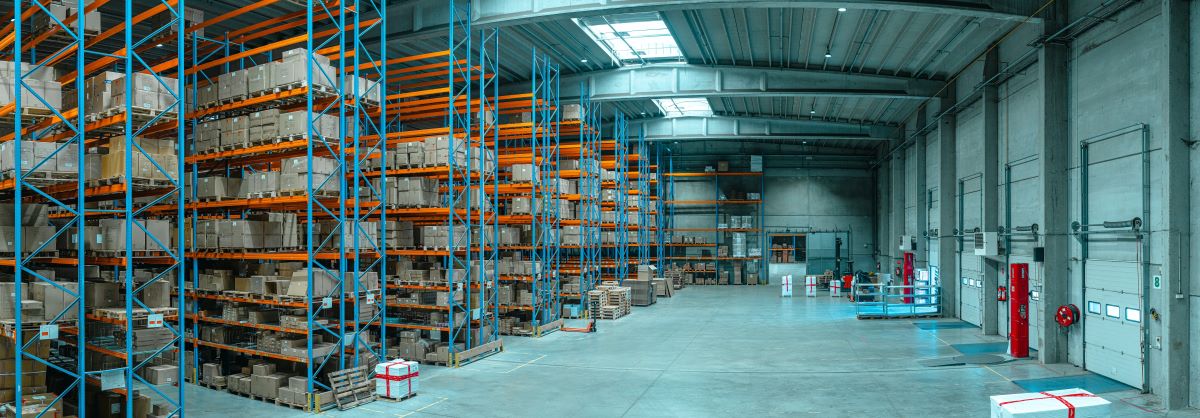How To Successfully Implement A Warehouse Maintenance Plan
A maintenance plan is a well-thought-out and researched schedule for ensuring your warehouse’s safe and efficient operation. Good practices combined with preventative maintenance can save you time, money, and headaches down the line.
What do you want to achieve?
To begin with, establish what type of business you are running and know which areas you want to concentrate on first. Are you just looking to make your workplace a little safer, or do you have a project that will require a significant investment? Your first step should be to determine what will give you the greatest return on your investment.
Determine areas of priority
Once you’ve done that, it’s time to look at each area and prioritize them. Which areas are most important for the safety and efficiency of your employees? Once you’ve determined that, it’s time to look at the critical areas for keeping things running smoothly. Finally, prioritize by cost. This last step will help you determine which projects are worth implementing first.
What resources do you need?
After you have all of these lists prioritized, please take a closer look at them and identify what you’re going to need to get the job done. It would help if you had a good idea of what you can do yourself and what you will need help with, whether from employees or contractors. Remember, if something isn’t on your list, but it’s an emergency, don’t hesitate to call in some reinforcements.
Once you have all of your resources listed and have identified who you’re going to need, start looking for the necessary equipment. Then, look into any training required or recommended for completing a particular area of maintenance – especially if it’s in a high-risk zone in the warehouse or critical equipment like the crown pallet jack. Remember, this is preventative maintenance, so you want to make sure all of your employees are prepared to do their part.
Implement your plan
Once it’s time for implementation, get everyone involved and work together. That means managers, supervisors, technicians, contractors – anyone who will work on the equipment or participate in ongoing training. Make sure you have a post-maintenance meeting to review what went well and what needs improvement.
Review the outcome
Now that the maintenance plan has been implemented, it’s time to look at some statistics. If this is your first maintenance plan or it’s been a while since your last one, use the metrics from your company as benchmarks for evaluating areas of improvement. This is important to know what areas need more attention and where you can cut costs in the future.
Continuous improvement
You may find that your maintenance plan wasn’t as successful as stated above or that it did not work, which means it’s time for a new one. These guidelines are just a basic outline of successfully implementing a maintenance plan and what steps you should take for the best outcome.
The most important thing is to make sure your employees are involved; everyone knows their roles and that the maintenance plan is working for your facility!





